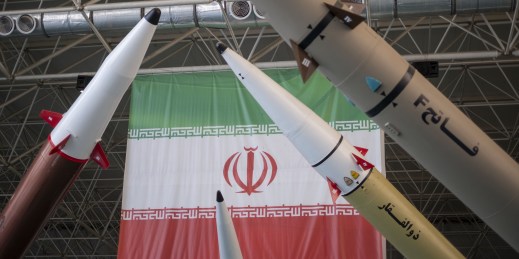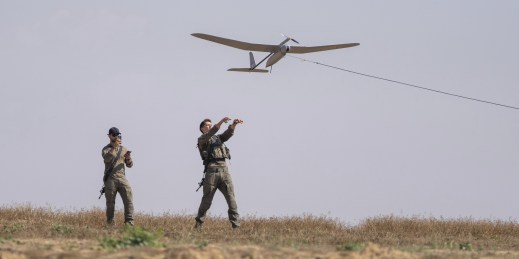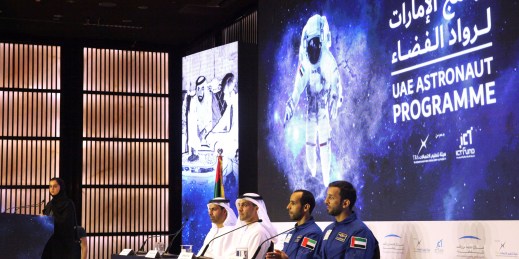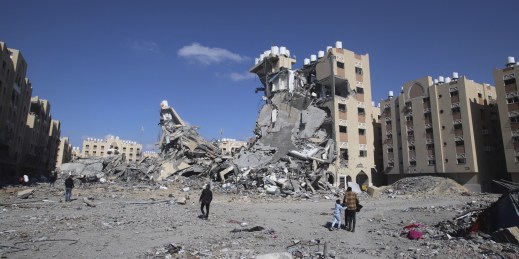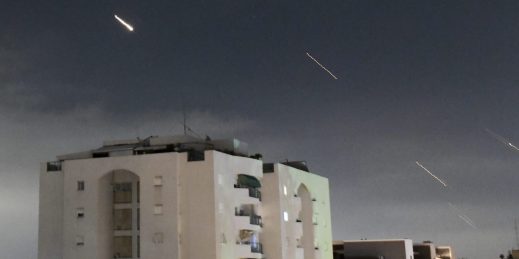
Iran’s massive strike on Israel two weeks ago turned into something of a gift. Some of the benefits will accrue personally to embattled Israeli Prime Minister Benjamin Netanyahu, but those are likely to fade. But the boost Iran gave to Israel collectively has already had important repercussions, some of which could be lasting.

